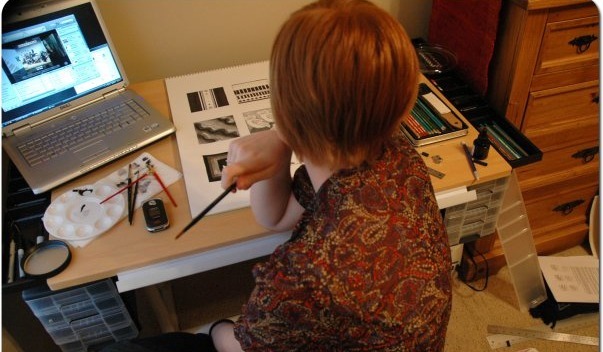A Rock and a Hard Place
I love that as a culture we are embracing the idea that "it's okay to not be okay." It's so accepting and welcoming of folks with all kinds of...

2 min read
 Whitney Storey, MS, LPC, ASDCS
:
Nov 1, 2022 9:30:00 AM
Whitney Storey, MS, LPC, ASDCS
:
Nov 1, 2022 9:30:00 AM

October of 2022 was a huge month for me. It was in this month that I finally earned my certification in Perinatal Mental Health, which was really the culmination of a decade of work in mental health and in my own journey as a mother. Naturally, I have been wanting to celebrate with the folks around me, but I have noticed one important barrier to this - people just aren't quite sure what a perinatal mental health specialist even is! They do not know terms like postpartum anxiety. So let's break it down.
Some of the issues and events included in the perinatal umbrella are:
Folks tend to assume most of the work done by a perinatal mental health specialist is focused on pregnant and postpartum women, but
Research shows that about 1 in 10 non-birthing partners will experience some sort of perinatal mental health issue (e.g., postpartum depression, postpartum anxiety, etc.). The other members of the family also go through a difficult transition time. I often remind folks that the most stressful time for any relationship is entrances and exits - bringing a new life into the family or losing an important relationship in the family.
The process is a long and specific one:
Even when the PMH-C certification is granted, clinicians must continue to obtain hours of continuing education on perinatal mental health topics each year they are in practice. Time, money, attention, blood, sweat, and tears go into this process, which ensures that providers who obtain the PMH-C credentials are the folks we need in the community providing the services, advocacy, and support for a much needed population.
You don't have to be on this journey by yourself.

I love that as a culture we are embracing the idea that "it's okay to not be okay." It's so accepting and welcoming of folks with all kinds of...

I have a long history of being involved in the arts and finding benefits from making art by myself and with others. While I had folks who encouraged...

If you were to randomly choose a therapist, you would likely end up with someone who uses cognitive-behavioral therapy (CBT), which has been the...